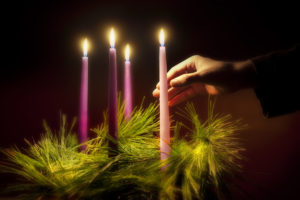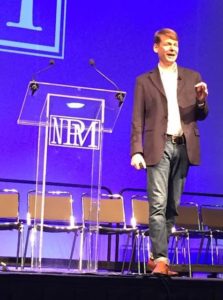 There’s a new meme circulating around, like the one here, which I (Orin) have made a version of in a tongue-in-cheek sort of way. The gist of the meme in general is for a person to point out when they are at their worst and when they are best, and that some significant other in their lives needs to love the meme-making person at their worst, or else that significant other doesn’t deserve the meme-maker at their very best.
There’s a new meme circulating around, like the one here, which I (Orin) have made a version of in a tongue-in-cheek sort of way. The gist of the meme in general is for a person to point out when they are at their worst and when they are best, and that some significant other in their lives needs to love the meme-making person at their worst, or else that significant other doesn’t deserve the meme-maker at their very best.
(Describing and analyzing memes makes them even more funny, right?)
Anyway, what I’m going for here, by way of amusement, is that 1) I’m at my worst when I pick up the keytar and “try” to be “cool” (which is quite possibly accurate), and 2) that I don’t really have a best – in a way, the joke is possibly even that my worst is all I have. When seen through eyes of faith, of course, that’s all wrong. The meme as a whole is asking another to love unconditionally – and so far, so good. But what rubs me the wrong way a little bit, is that most of these memes try to distinguish human worth and value by something pretty superficial – either physical appearance, or by certain accomplishments, or other external things. Something Oddwalk often tries to “get at” when present retreats is that our worth, our dignity, is given us by God, that we are created by God in God’s image and likeness, that we are temples of the Holy Spirit as a dwelling for the Divine. Each of us, regardless of gender, race, any economic or social status, even regardless of our faith (or lack thereof) have this innate dignity. Nothing can change it, nothing can take it away.
If we were to try to make this meme about God’s love for us, we would quickly find we couldn’t, really. Sure, we are all sinful, and in those worst of times, God still loves us as much as ever. And to try to say that God might not as some point deserve us, well, that’s just kooky, to put it colloquially. And as God loves us, so we must try to love another: to love at all times, and to never place ourselves on a pedestal, that someone feels they must earn (or deserve) our love. This Christian dignity, once recognized and lived out, will truly change the world, making it an infinitely more just and peaceful place. We must not only live love, we must be love, at all times. Are you ready to pick up the challenge?
Pope Francis, in “Gaudete et Exsultate,” tells us that he often likes
“to contemplate the holiness present in the patience of God’s people: in those parents who raise their children with immense love, in those men and women who work hard to support their families, in the sick, in elderly religious who never lose their smile.”
May we too all see holiness in every person we meet!
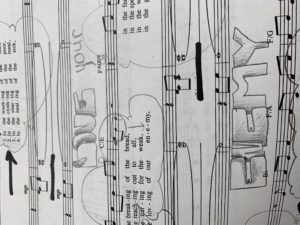 This year, I (Orin) have been posting on Facebook the little doodles that my parish Children’s Choir creates in their music while we are rehearsing.
This year, I (Orin) have been posting on Facebook the little doodles that my parish Children’s Choir creates in their music while we are rehearsing.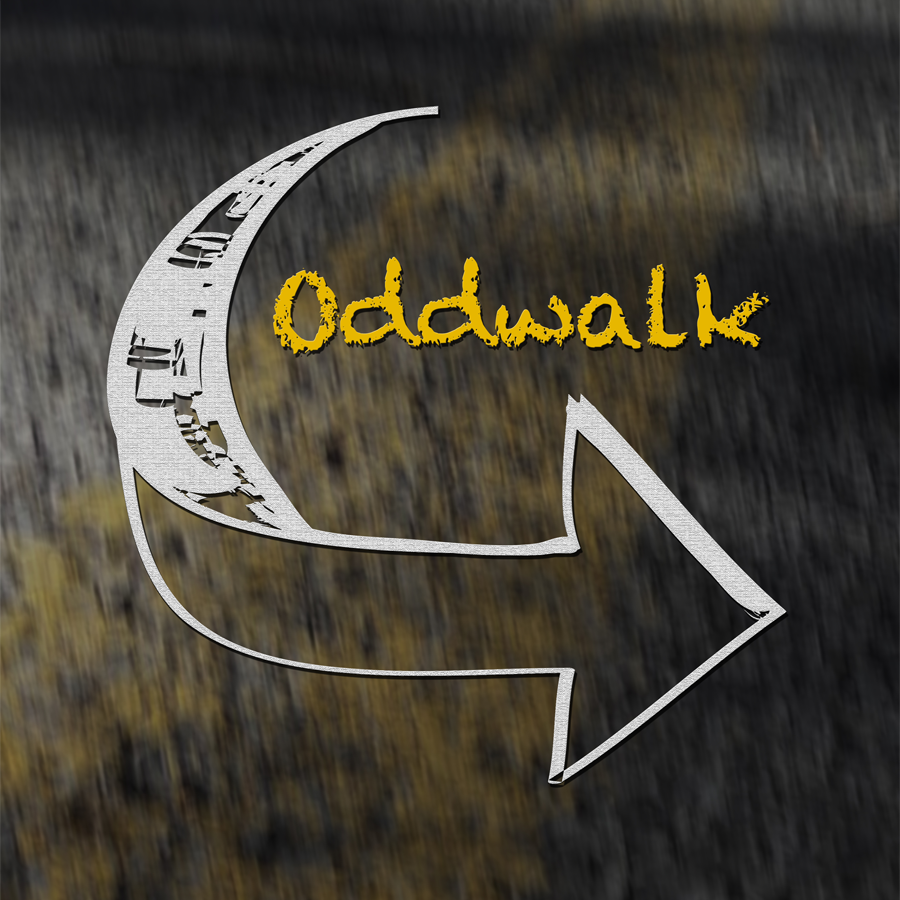

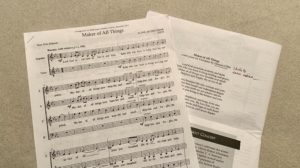 I (Orin) am a privileged and joy-filled composer today.
I (Orin) am a privileged and joy-filled composer today. 